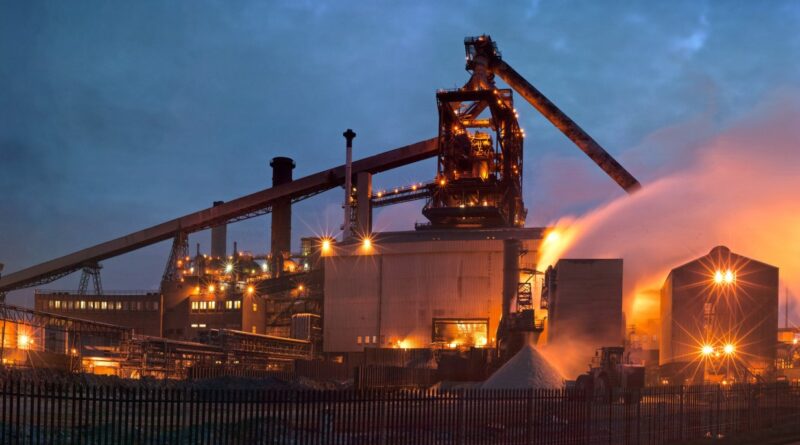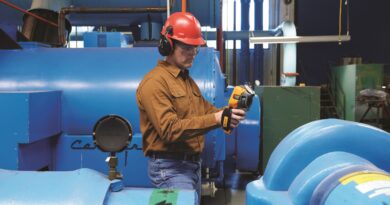Jindal Stainless orders a new blast furnace
Paul Wurth has been chosen by Jindal Stainless Limited to build a new blast furnace at their Kalinganagar unit in India. The blast furnace will have a production capacity of two million tons of hot metal per year. The plant will serve both existing downstream steelmaking facilities, as well as future ones.
The contract for the equipment, to be designated Blast Furnace Number 1, was signed between Paul Wurth and Jindal Stainless Limited (JSL) in November 2021. The scope of agreed work includes the blast furnace, hot blast stoves, a dry gas cleaning plant, a pulverized coal injection and an INBA slag granulation plant, to be supplied on an Engineering and Procurement basis.
“Jindal Stainless Limited is the leading stainless steel manufacturer in the country”, said Anil Anand, Chief Operating Officer of SMS group, Gurugram. “This is the first ‘high magnitude’ contract we have worked on together with JSL. It is the beginning of an important new chapter in our shared story”.
This blast furnace will be the first in the JSL’s new stainless steel complex, which is currently based on electric arc furnace technology. The new blast furnace will be the core of JSL’s Kalinganagar plant expansion. With an inner volume of 2,307 m3, the furnace will be equipped with modern copper and cast iron staves, two tap holes with complete TMT machines, and a 46 m3 MIDI central feed Bell-Less Top (BLT).
Furthermore, a number of auxiliary plants will be installed, including internal combustion stoves incorporating all the latest efficiency improvements, a fully dry gas cleaning system (axial cyclone and bag filter) and an INBA slag granulation plant based on cold water technology.
All the units will be connected to a Level 1 automation system designed and supplied by Paul Wurth. For the Level 2 automation, the customer will rely on BFXpert, the integrated Level-2 process control and operator guidance system for superior blast furnace operation.
“The commissioning of the new plant is expected by the end of 2023, and we are looking forward to work getting underway”, concluded Anil Anand.
This project is another step towards India’s goal of bringing the country’s domestic production to 300 million tons by the end of the decade.




